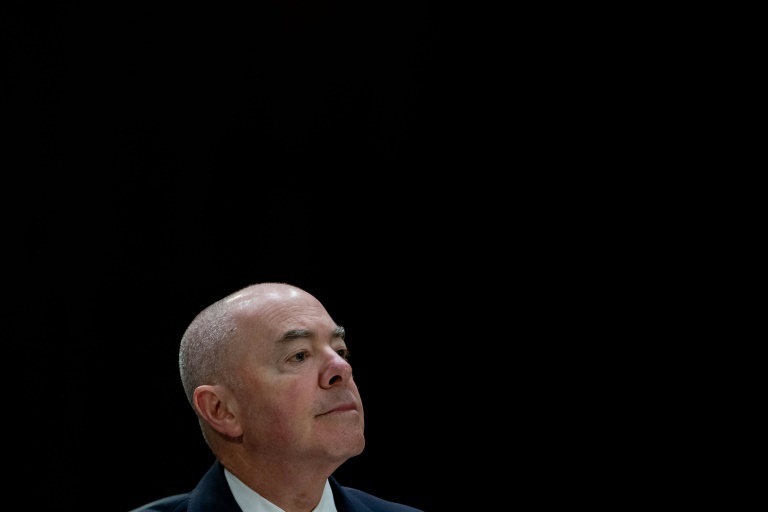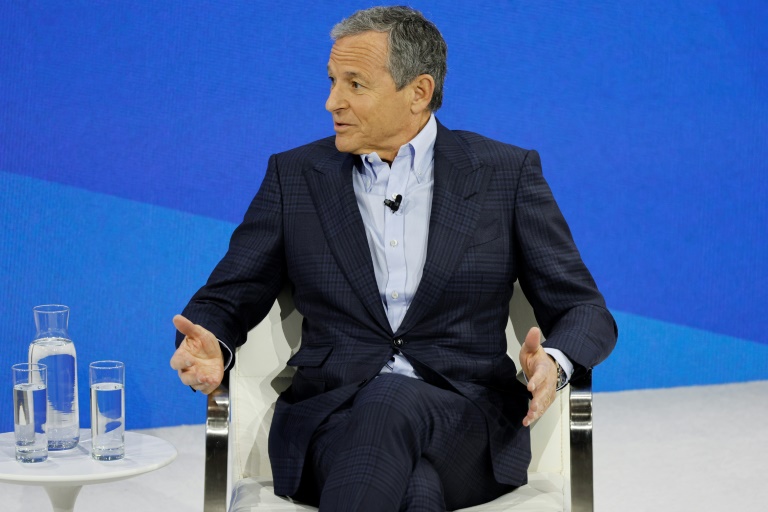ABOUT a year after Bao Fan disappeared from public view, his boutique Chinese investment bank is shrinking and being circled by rivals.
Almost a third of China Renaissance Holdings’s staff in Hong Kong, which includes investment banking, private equity and wealth management teams, have either resigned or lost their jobs, sources familiar with the matter said. Li Yuan, who oversees the wealth business, is leaving the company. Including mainland China, about 100 staffers left the firm in the past year, one of the sources said.
At the same time, the firm has received interest from a Hong Kong-based financial group with a Middle East backer to take over what remains, including valuable trading licences, the sources said. A couple of small Chinese brokerages have also shown interest. The discussions were preliminary and no due diligence has taken place.
Talks with prospective buyers have been difficult because Bao’s detention has prevented the firm from making decisions on significant matters, the sources said, asking not to be identified as discussing a private matter. That hurdle may now be cleared after China Renaissance announced last week that Bao resigned as chairman and chief executive officer effective Feb 2, citing “health reasons and to spend more time on his family affairs”. Co-founder Xie Yi Jing will assume his duties.
A company spokesperson declined to comment. China Renaissance said in August that Bao was “cooperating” in a probe. His current whereabouts and legal status are unclear.
Bao’s disappearance last February shocked the business and investing community, in a further sign of Beijing tightening its grip on the financial sector through a sweeping crackdown on corruption. Bao’s detention was likely related to China Renaissance’s former president Cong Lin, who was taken into custody in 2022, Bloomberg News has reported.
A former banker at Morgan Stanley and Credit Suisse, Bao, 53, founded China Renaissance in 2005, making a name for himself by brokering mergers that led to the formation of ride-hailing service Didi Global and food-delivery giant Meituan. His ability to spot rising tech stars made him one of China’s most influential financiers. He later branched into private equity to back startups and tech firms, managing more than US$8.8 billion in assets at the end of 2020.
Half of the investment banking group in Hong Kong departed in the past year, and the team has shrunk to less than 10 people, while the sales, trading and research team’s headcount dropped one-third to about 40, from almost 60. The private equity fund has stopped deploying capital because the investment committee, once chaired by Bao, cannot make decisions without him, the sources said.
The Hong Kong consortium was earlier contemplating a back-door listing should the takeover progress, and it is also eyeing the securities licences that China Renaissance holds, the source said.
China Renaissance has delayed its 2022 annual report since the detention of Bao, whose sign-off was needed. Senior management in December appointed Zhonghui Anda CPA, a Chinese audit firm, hoping to have a better chance of getting the financial statements done. Deloitte & Touche last year resigned as auditor without approving the 2022 report.
The company’s stock has been suspended for almost a year, last trading at a market value of HK$4.13 billion (S$710 million).
President Xi Jinping has been tightening his grip over China’s US$61 trillion financial sector, vowing to deepen anti-corruption efforts in sectors from finance to energy, and show “no mercy” in the fight. The campaign brought down more than 100 financial officials and executives last year alone. The investment banking community has also been implicated, ensnaring bankers from brokerages including Everbright Securities and Guotai Junan Securities. BLOOMBERG







